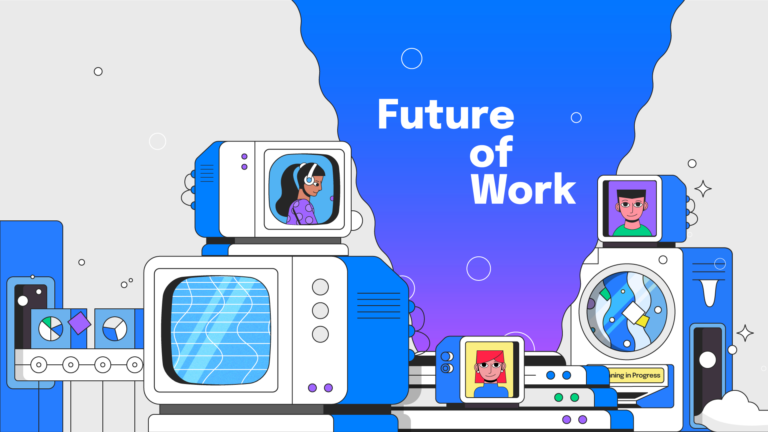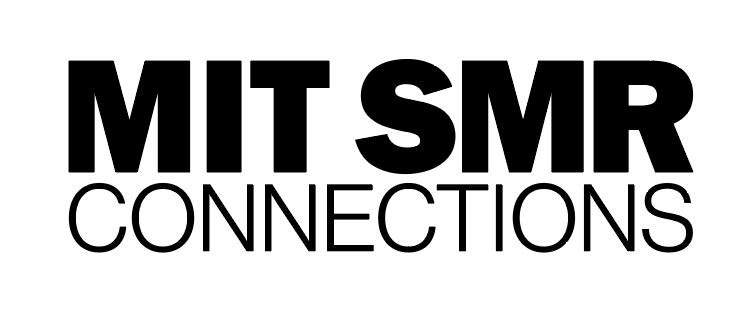Remote work is here to stay. By now, we know this. As businesses continue to react to the effects of the pandemic, offering digital solutions for team collaboration, face-to-face meetings, and even virtual offsites, they will also need to support their employees with substantive reskilling at all levels of the organization.
Why? To begin, while digital literacy used to be considered a plus, today it’s a must, not only for seamless operations but also for meaningful communication across all functions, from the smallest tasks to the largest.
A decade ago, the first question I would ask a senior executive—in any organization—upon an initial meeting was, “Do all of your employees know how to text?” It was surprising how many did not; to me, that was a sign of the times. Now, the questions have become more nuanced. “Does everyone at your organization know how to send a meeting update from mobile?” “Are your employees able to communicate on multiple communication platforms at any given time?” “Can your colleagues eloquently write about emerging technologies?”
All of these skills will soon become prerequisites for hire. Organizations need to quickly and efficiently prepare their workforce for what is coming around the bend so that they are armed with powerful knowledge to best do their jobs. This kind of training provides them with new skills that will allow them to secure jobs and avoid digital displacement due to AI and other automation.
“We need to find a domain that is large enough to accommodate the huge number of jobs that will be displaced by AI, while not requiring decades of training,” said visionary author and futurist, Dr. Kai Fu Li.
Fundamental reskilling
There are three types of training that every organization can begin immediately:
In the short term, it is imperative to offer up-skilling to all employees, and I would encourage organizations to begin by teaching basic computer science and coding. While this might seem extreme, the goal is to better equip employees to communicate and even collaborate with engineers, who are paving the way forward (not simply to turn every employee into an engineer.)
Most important, avoid a “church and state” division between those who build and those who dream. In modern organizations, almost every new product is powered by the internet. And almost everything on the internet is built by product and engineering teams. In order for an employer or organization to have complete autonomy over its projects and to establish a clear vision for the future, it is imperative that everyone in the organization understand how the business operates.
According to McKinsey, “All technological skills, both advanced and basic, will see a substantial growth in demand…our research suggests that through 2030, the time spent using advanced technological skills will increase by 50 percent in the United States and by 41 percent in Europe. However, there is also a significant need for everyone to develop basic digital skills for the new age of automation. We find that among 25 skills we analyzed, basic digital skills are the second-fastest-growing category, increasing by 69 percent in the United States and by 65 percent in Europe.”
Second, all corporate employees must be well-versed, if not fluent, in social media and how to tell their story across various channels. Every C-suite should be comfortable on the relevant social platforms for their business; it’s particularly beneficial if CEOs themselves are behind the wheel on an organization’s Twitter account. (Most C-suites today are either writing their own tweets or, at a minimum, approving them.) This kind of learning and reskilling also leads to reverse mentorship programs: junior employees can offer guidance to more senior corporate executives on the nuances of evolving social platforms, while the executives can offer upward mobility to the junior employees, who in turn, feel seen and heard.
Next, every future-forward organization would benefit from creating an internal peer review system that relinquishes hierarchy and creates the potential for a more equitable future. For some, it will undoubtedly mean checking ego at the door, and for others, it will be a welcome opportunity to meet different members of the team and to create true diversity.
Last but not least, the most forward-looking businesses I have seen recently established digital advisory boards, bringing in outside experts including data scientists, futurists, growth marketers known as growth hackers, startup founders, bespoke agency principals, and digital influencers to weigh in on the larger organization’s approach to embracing innovation. These advisory boards are successful at offering field notes and best practices with a thoughtful outsider’s lens.
The future of work is here. As employees are gradually given empowering knowledge and training, we will see not only increased productivity and profitability but also a new level of dedication—especially for those organizations who recognize that success depends, as it always has, on the people.





